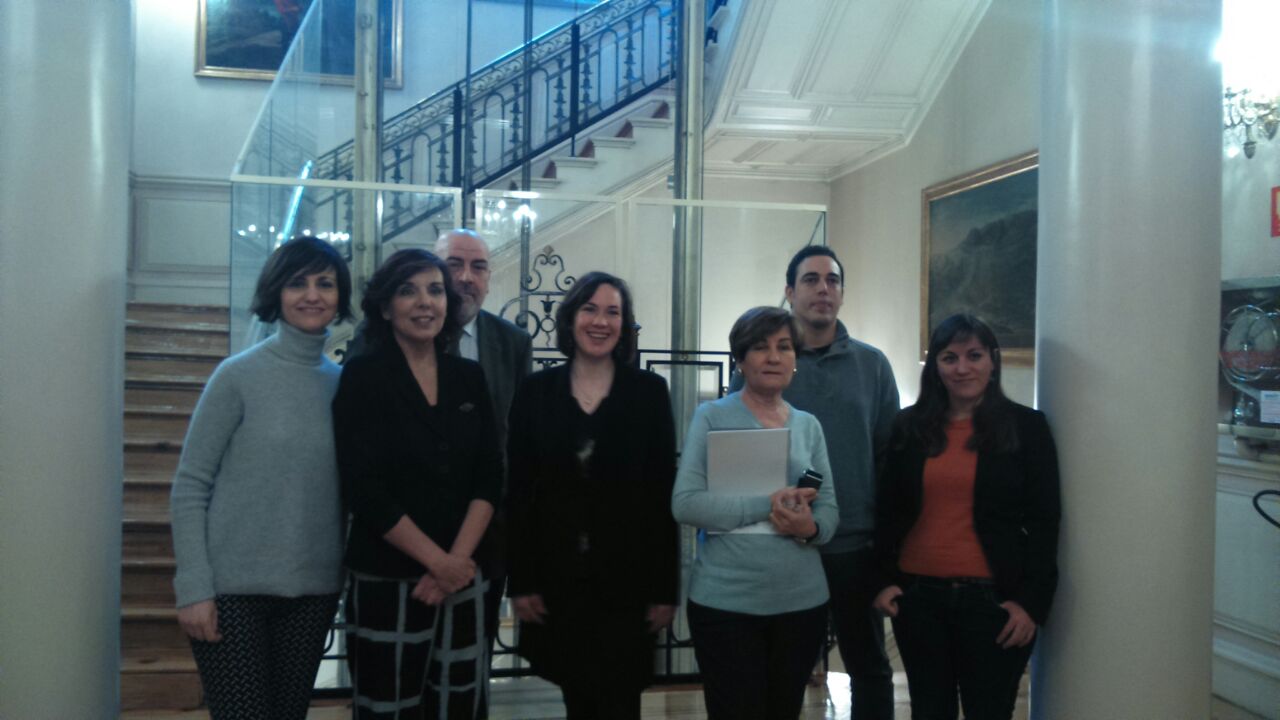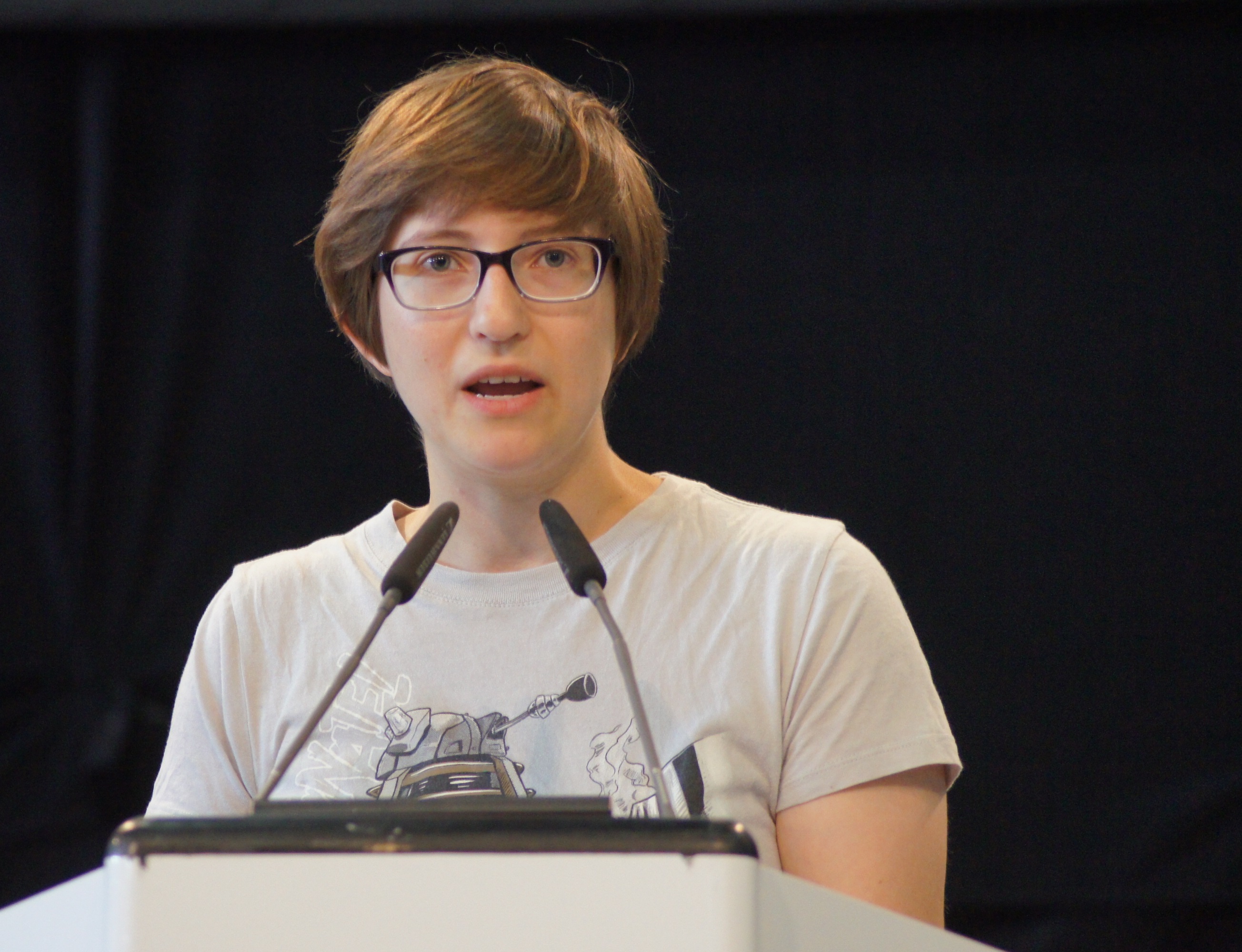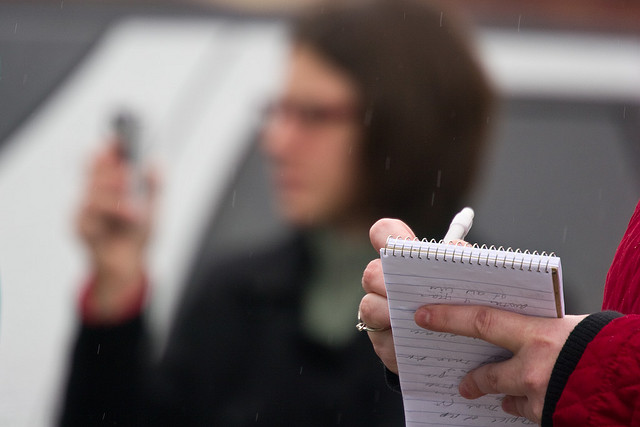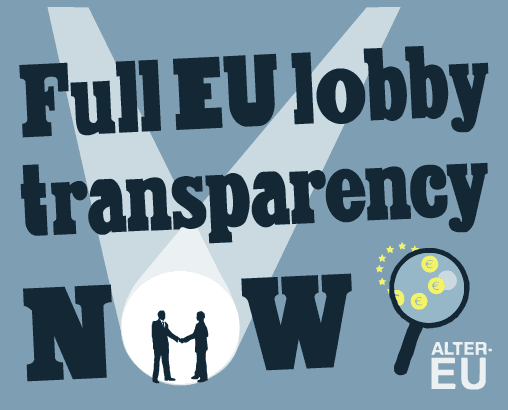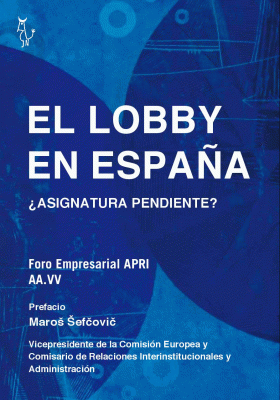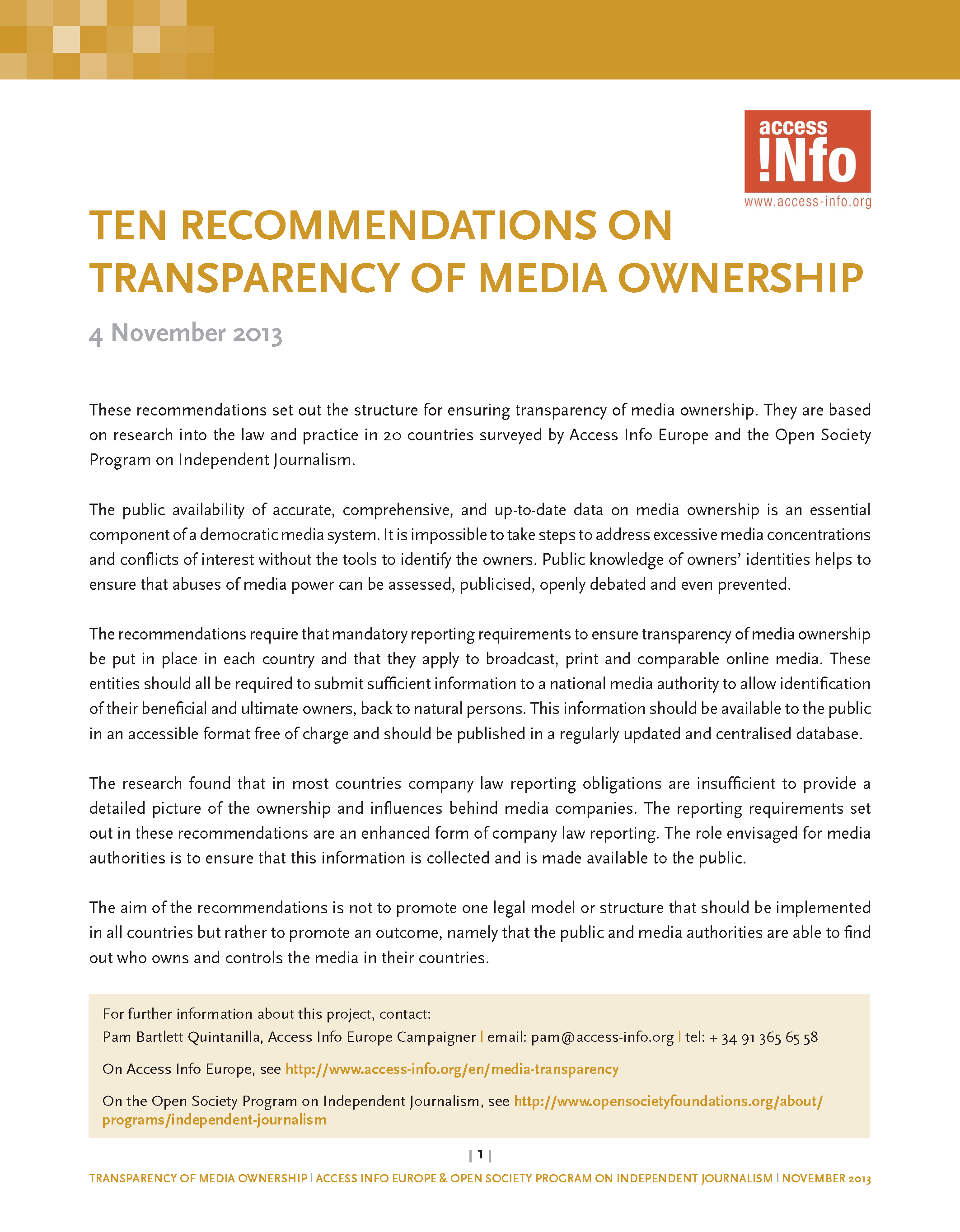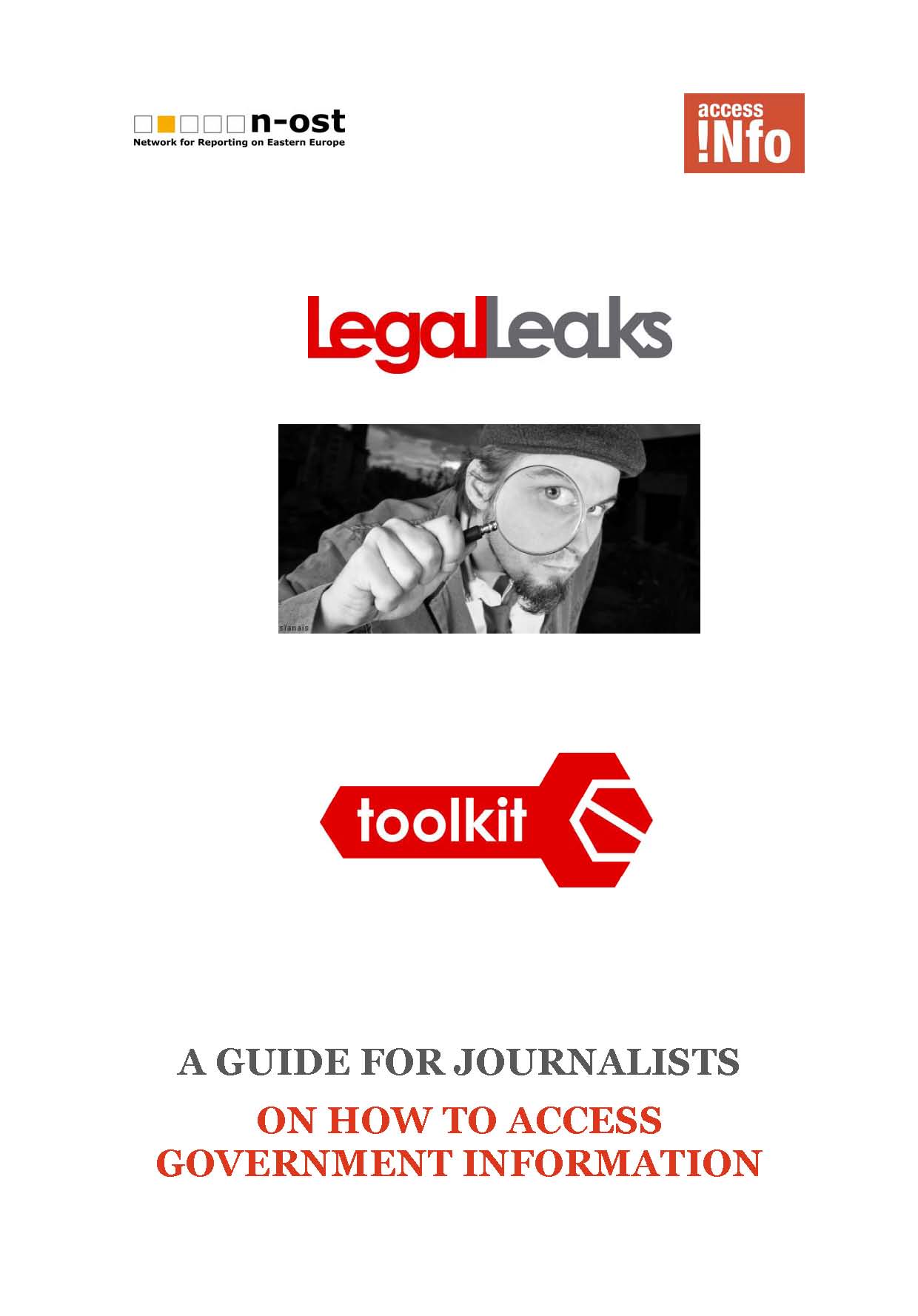Access Info Europe y Civio se reúnen con el recién formado Consejo de la Transparencia
Helen Darbishire2018-11-13T10:11:25+01:00Madrid, 16 de febrero de 2015 - Access Info Europe y Civio han mantenido una reunión con el Consejo de la Transparencia de España con el objetivo de presentarse formalmente y poner en común reflexiones y posibles mejoras a la ley de transparencia y su implementación. El Consejo de la Transparencia empezó a trabajar el mismo día de entrada en vigor de la ley de transparencia (el 10 de diciembre de 2014), su presidenta de hecho fue nombrada el 11 de diciembre. Desde entonces el Consejo se ha centrado en trazar su plan estratégico y preparar una serie de documentos

